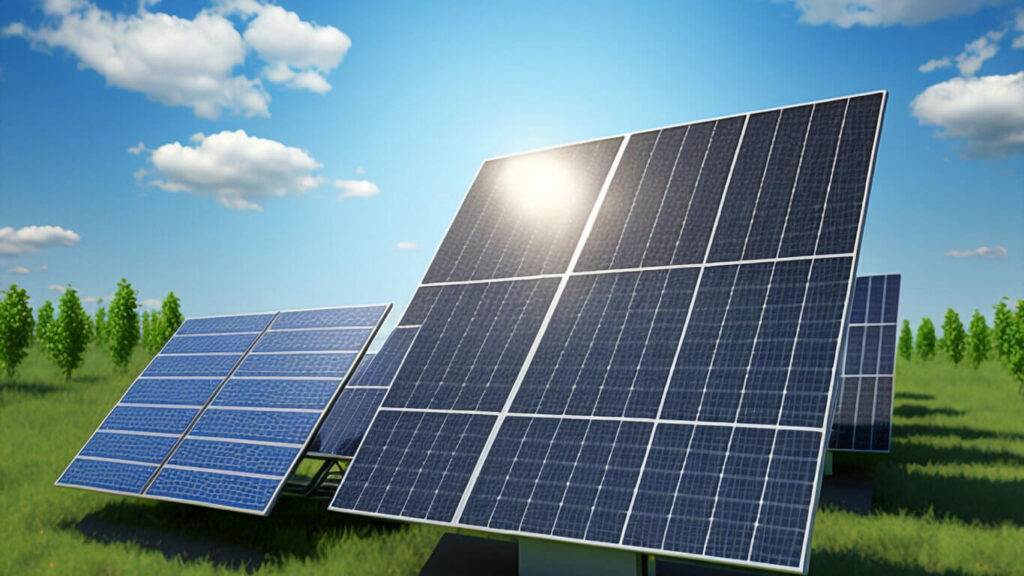If you’ve been thinking about going solar, 2025 is the year to act. Why? Because there are generous incentives, rebates, and tax breaks that make switching to solar more affordable than ever.
Whether you’re a homeowner or a business owner, here’s a breakdown of the top solar incentives in 2025—and how you can take advantage of them before they expire or change.
🏦 1. Federal Solar Tax Credit (ITC) — Still Going Strong
The Investment Tax Credit (ITC) lets you deduct up to 30% of your solar installation costs from your federal taxes. This includes:
-
Solar panels
-
Inverters
-
Mounting equipment
-
Battery storage systems
-
Labor and permitting costs
✅ Example: If your system costs $15,000, you could get $4,500 back in tax credits!
This 30% credit is expected to remain through 2032, but why wait? The earlier you install, the sooner you start saving.
🏠 2. State & Local Rebates (Check Your Region)
Many states, cities, and utilities offer their own rebates to make solar even cheaper. These might include:
-
Cash-back rebates
-
Property tax exemptions
-
Sales tax waivers
-
Performance-based incentives (PBIs) that reward you for the electricity your system produces
🔍 Pro Tip: Use a solar savings calculator or talk to a local solar installer to find out what’s available in your area.
💼 3. Incentives for Businesses
If you own a business or rental property, you may qualify for:
-
MACRS accelerated depreciation, letting you recover installation costs faster
-
Bonus depreciation (100% in the first year if you qualify)
-
Commercial ITC (also up to 30%)
These can drastically reduce your upfront costs and boost ROI on your commercial solar investment.
⚡ 4. Net Metering — Earn While You Save
Net metering allows you to send excess electricity back to the grid and receive energy credits or payments in return. This:
-
Offsets your night-time or cloudy-day usage
-
Makes your system more efficient and cost-effective
Rules vary by state or utility, so check the latest net metering policies in your location.
🌍 5. Green Energy Grants & Low-Interest Loans
Some government bodies and nonprofits offer:
-
Solar grants for low-income households
-
No or low-interest loans for solar and battery installation
-
Solar co-op programs to help neighbors get discounts as a group
These programs make going solar accessible for more people than ever before.
🔑 Final Thoughts
Solar power isn’t just good for the planet—it’s also a smart financial move in 2025. With tax credits, rebates, and long-term savings, going solar is more affordable than most people think.
But many of these programs are time-sensitive, and some states may reduce or phase them out soon.



